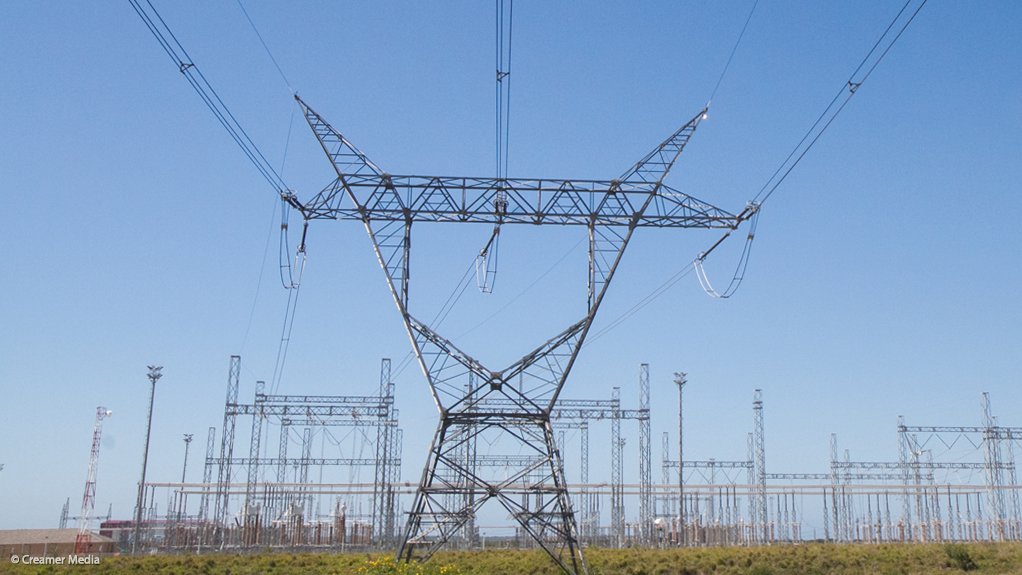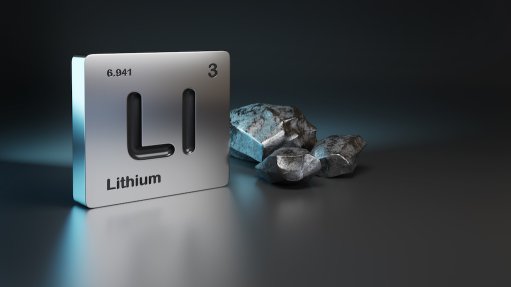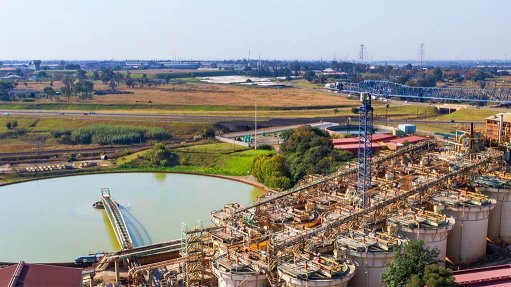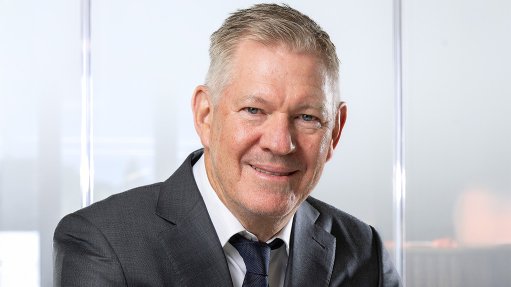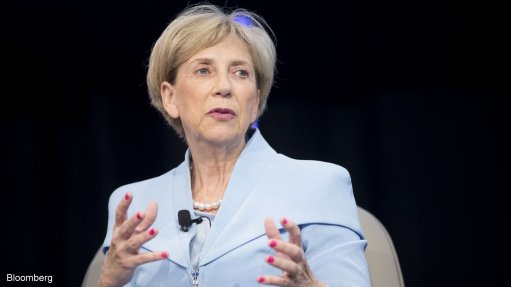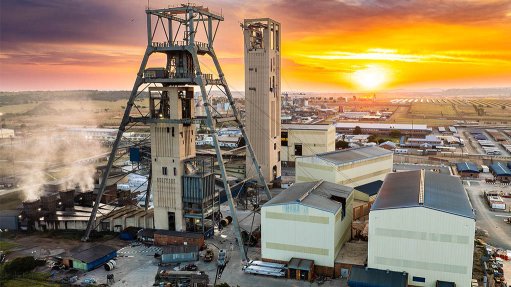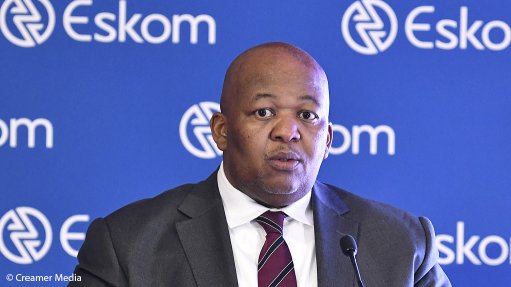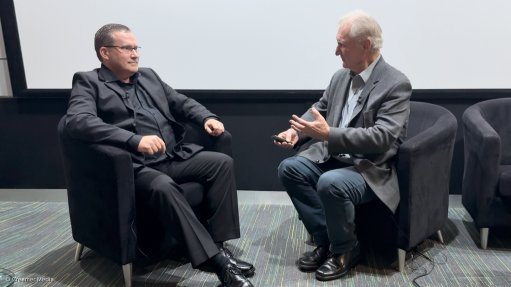Eskom’s new grid queuing rules governed by ‘first ready, first served’ approach
State-owned electricity utility Eskom is preparing to issue updated grid queuing rules that will outline how it plans to manage scarce grid connection capacity in a way that avoids “hogging” of capacity and ensures that only “shovel-ready” project are allocated capacity.
The new approach is contained in what Eskom terms its Interim Grid Capacity Allocation Rules (IGCAR) document, which outlines a shift from the ‘first come, first served’ framework that has hitherto been implemented to one based on ‘first ready, first served’.
The absence of a queuing system came to the fore during the sixth bid window of the country’s public renewables procurement programme when none of the 23 onshore wind projects that bid for a 3 200 MW allocation were selected as preferred bids, owing to claims of grid over-subscription in the Western, Eastern and Northern Cape provinces.
Eskom tells Engineering News that the rules under the IGCAR are “aimed at ensuring that as many generators are connected to the grid as soon as possible and also ensuring that there is no capacity hogging”.
The IGCAR has been developed following consultation with the industry and, while they do not require any approval by the National Energy Regulator of South Africa, given that Section 21 of the Electricity Regulation Act grants Eskom power over the rules, the utility will nevertheless seek to have the rules adopted and approved by the regulator.
In addition, Eskom intends hosting a briefing session with industry in the coming two weeks to clarify how it intends managing the IGCAR.
Eskom has also communicated with the industry that it will resume with processing budget quotes (BQs) for grid access in the Cape region once the IGCAR process has been finalised.
Having also been criticised previously for the length of time it was taking its Grid Access Unit to issue BQs, Eskom reports that it is in the process of ensuring that timeframes can be reduced.
“On average in the last 12 months, it has taken eight months to issue a BQ due to issues both internal to Eskom and in the industry,” Eskom tells Engineering News.
The utility confirms that its Grid Access Unit currently has 28 staff members, but stresses that the bulk of the technical work is done by the various technical experts in the distribution and transmission divisions.
“The goal is to issue BQs within six months and the introduction of the IGCAR and other initiatives will result in improved delivery times,” Eskom states.
“There are currently 45 BQs that have been issued between 1 April 2021 to 30 November 2022 which have been delayed for various reasons with a total capacity of 4 717 MW.”
The importance of having queuing rules that are supportive of shovel-ready projects has been amplified by the result of a recent survey showing that there is a 66 GW pipeline of wind and solar projects at various stages of development, including about 18 GW that could be considered ready to proceed.
There have also been intensifying calls for a clarification of the rules in light of the fact that the market is no longer dominated by a single public procurement programme, following the removal of the licensing threshold for embedded generation projects.
Operation Vulindlela reports that this reform, together with a streamlining of project approvals means that projects are theoretically able to add capacity to the grid more quickly and has resulted in an embedded generation project pipeline of 108 projects with a combined capacity of just over 10 GW.
During a recent presentation to the Presidential Climate Commission, the Presidency’s Rudi Dicks, who oversees Operation Vulindlela, confirmed that Eskom was revising its grid capacity allocation principles with the aim of allocating available capacity to projects that are ready to proceed.
Comments
Press Office
Announcements
What's On
Subscribe to improve your user experience...
Option 1 (equivalent of R125 a month):
Receive a weekly copy of Creamer Media's Engineering News & Mining Weekly magazine
(print copy for those in South Africa and e-magazine for those outside of South Africa)
Receive daily email newsletters
Access to full search results
Access archive of magazine back copies
Access to Projects in Progress
Access to ONE Research Report of your choice in PDF format
Option 2 (equivalent of R375 a month):
All benefits from Option 1
PLUS
Access to Creamer Media's Research Channel Africa for ALL Research Reports, in PDF format, on various industrial and mining sectors
including Electricity; Water; Energy Transition; Hydrogen; Roads, Rail and Ports; Coal; Gold; Platinum; Battery Metals; etc.
Already a subscriber?
Forgotten your password?
Receive weekly copy of Creamer Media's Engineering News & Mining Weekly magazine (print copy for those in South Africa and e-magazine for those outside of South Africa)
➕
Recieve daily email newsletters
➕
Access to full search results
➕
Access archive of magazine back copies
➕
Access to Projects in Progress
➕
Access to ONE Research Report of your choice in PDF format
RESEARCH CHANNEL AFRICA
R4500 (equivalent of R375 a month)
SUBSCRIBEAll benefits from Option 1
➕
Access to Creamer Media's Research Channel Africa for ALL Research Reports on various industrial and mining sectors, in PDF format, including on:
Electricity
➕
Water
➕
Energy Transition
➕
Hydrogen
➕
Roads, Rail and Ports
➕
Coal
➕
Gold
➕
Platinum
➕
Battery Metals
➕
etc.
Receive all benefits from Option 1 or Option 2 delivered to numerous people at your company
➕
Multiple User names and Passwords for simultaneous log-ins
➕
Intranet integration access to all in your organisation



